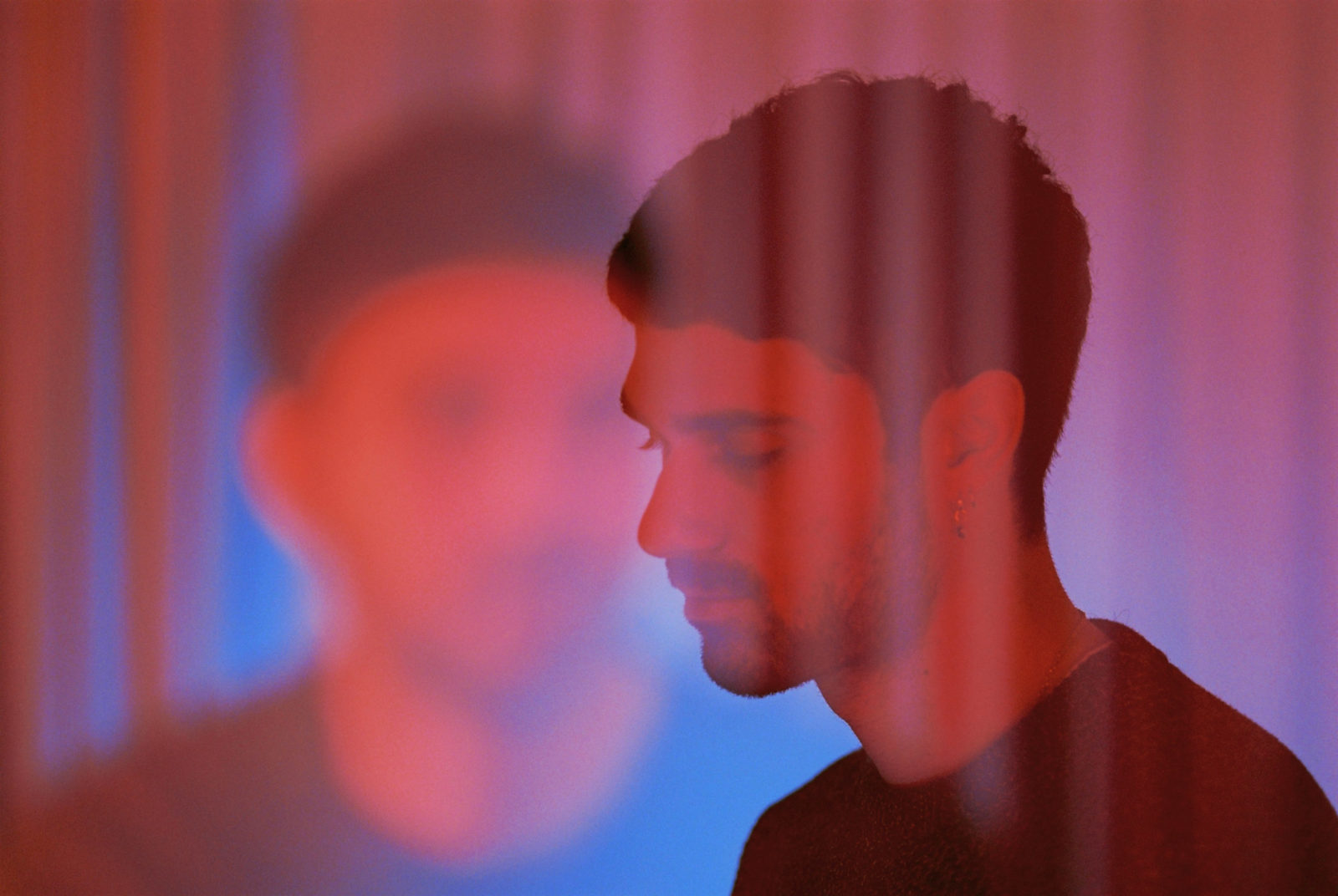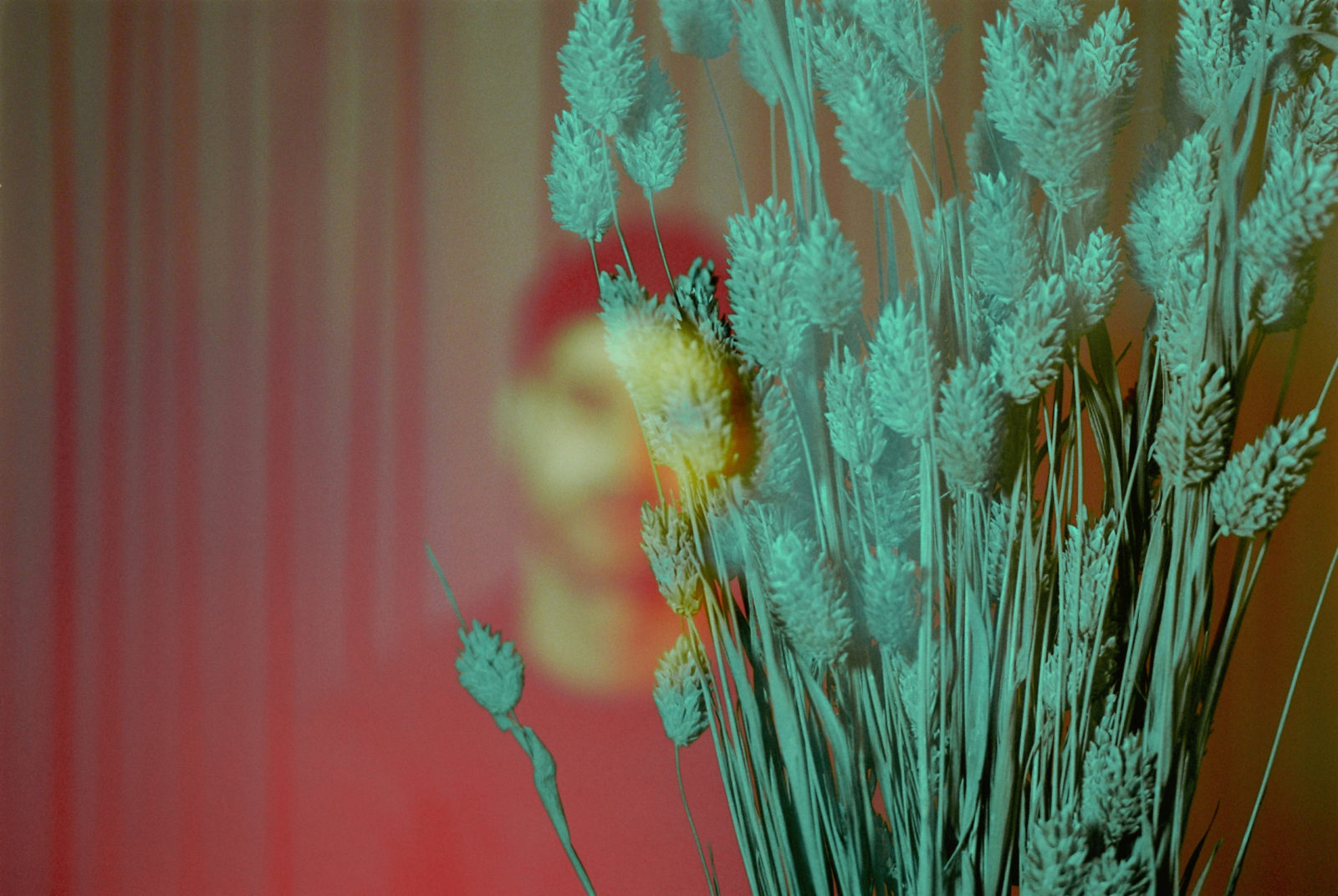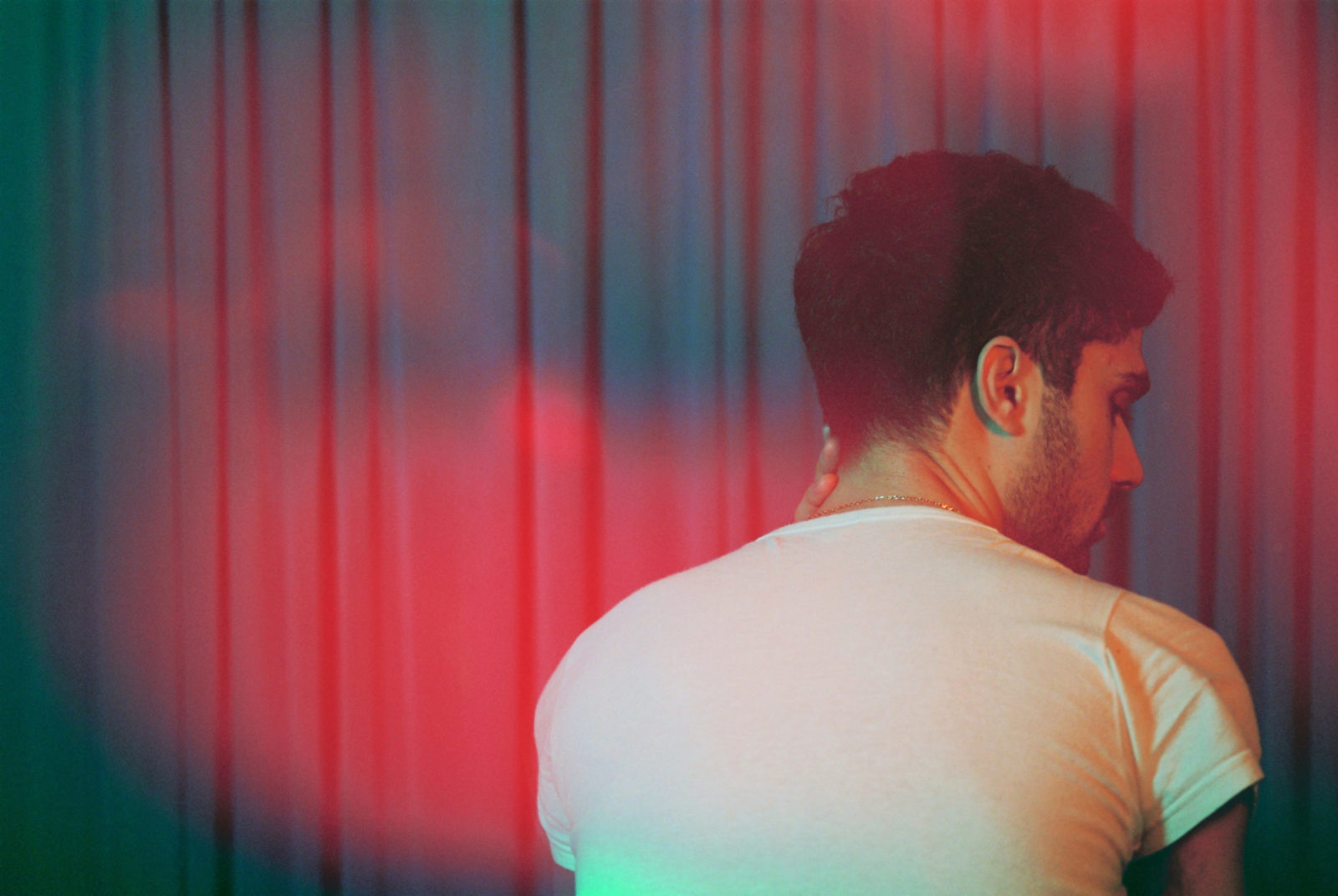Finding refuge
Three brothers and a mother

“Your destiny, my beloved brothers, is to remain strangers in your homeland and formidable enemies in the countries you have migrated to.”
With these words weighing down on my heart, I went to pick up one of my two brothers at the airport. I saw him at the entrance, waving his hand and looking at me from afar. His eyes spoke of pain, but his words expressed mighty optimism.
Our small family of three brothers and a loving mother had suffered from separation and fragmentation for several years. But we endured.
The moment I saw him, one thing immediately came to my mind. Here I was, helpless, feeling that I had failed to keep my two brothers’ dream alive. That I had failed to take care of them and make sure that they would have a better future. I felt that my own suffering, and the suffering of everyone else, suddenly meant nothing to me. Poverty or hardship did not matter, it suddenly seemed. All I wanted was for my brothers to be happy.
My brother climbed in the taxi that was waiting outside. The driver glanced at me, wondering if he should wait or drive away. I nodded to him “go”, without uttering a word.
As we left the airport, memories from two years ago started to come back to me.
At that time, my brothers had been in their freshman year. They were joyful and patient, ambitious to complete their studies before continuing with any future plans.
Our small family of three brothers and a loving mother had suffered from separation and fragmentation for several years. But we endured. Despite challenges and hardship, and despite society’s disapproval of women who live without men, we continued struggling to maintain our integrity.

In a bid to escape this culture of shame that persists in dragging down and depreciating women in society, my mother took the decision at one point to pack her bags and leave, to start a new life somewhere else.
She met a man whom she believed was well-mannered and had kindness in his heart and soul, who became her husband. He promised to take her and her children to a distant country, far from their persistent memories of the past. But it was a lie.
Their hopes and aspirations had been crushed by the bitter reality of life.
At the end of their first year abroad, the hard financial circumstances and separation from the family had drowned out my brothers’ dreams. Their hopes and aspirations had been crushed by the bitter reality of life. And my own hope of helping them to build a stable and secure life in Lebanon was fading.
A disorder of thoughts wandered through their minds in each moment. The feeling of standing confused at a crossroads, stumbling to take the next step. To shut the only door open to you at this moment in your own face – or find yourself lonely, in a world inhabited by billions of people. A sudden fear of death, even though you were always the one who could turn bitter into sweet, and hurdles into springs.
But on the other side of all of that, somewhere else, was a heart beating with love and longing and aching with the pain of separation, distance and remorse. It was the heart of a mother on an autumn journey to a European capital, in pursuit of safety and security, hoping that her children would join her after a while.
The hardest thing was not the journey, but the time it took until they could reunite with our mother.
When she first got married, she entertained the hope that this would be the start of a new life. But it was a lie.
He lied when he made her false promises and awakened her dreams, only to turn them against her. He lied when he promised that once they were together, her children would be able to join.
When all their possibilities to reunite in the so-called homeland had become impossible, travel remained their only hope to be together again. And so it happened. The two youngest brothers both obtained visas to a European country. The eldest brother, instead of joining their journey, decided to stay behind.
For the family, it was a moment of indescribable joy that no words could ever express. It was the joy of re-emerging hope for a new beginning, the prospect of building a brighter future and, most importantly, the loving meeting between a mother and two of her children after a long time apart.

I smile as I remember the moment of bidding my two brothers farewell at the airport. When I glanced at them one final time, they immediately understood my message. “Send her my regards and kiss her cheeks for me. Stay by her side, be safe and happy. I will definitely see you one day.”
Their flight felt like an endless trip. Time, it seemed, would constantly slow down. But the hardest thing was not the journey, but the time it took until they could reunite with our mother.
When they finally met, their souls celebrated in a moment of long embrace.
But their happiness was soon interrupted by the question troubling their minds: “What’s next?”
All these rules, laws and constitutions fail to provide for one thing: the sanctity of love that binds a family together.
A few days passed, and they all agreed that my brothers should apply for asylum, as refugees escaping the oppression of a brutal state. You might have the impression that refugee rights in Europe are placed on a pedestal; that European conventions safeguard the dignity of people fleeing from their homes. The harsh reality of oppression in our countries easily lends us to believe that the chance of refuge and asylum is our salvation; our route to safety in another world.
But all these rules, laws and constitutions fail to provide for one thing: the sanctity of love that binds a family together.
While my brothers’ asylum case was being processed by the authorities, our mother remained full of hope and confidence in the compassion and humanity at the basis of the law, which would eventually allow her children to stay and build a new life.
My brothers spent an entire year hopping from one government institution and department to another, giving their testimonies over and over again, explaining why they could not go back to their country.

During that year, while waiting for a response from the authorities, my brothers took advantage of their time to learn the language of the country they were in. They took part in local social activities and events; they completed courses in theatre, acting, drawing, music, arts and other creative activities that open up the soul and mind.
The year came to an end and Christmas brought a bitter present to the brothers: their asylum application was rejected. They must return to the first European country where they had arrived. The news struck them like lightning. Had their time to be reunited not come yet? How long should they wait to be able to live together in happiness?
My brothers could not imagine going back to the misery they left behind. They both decided to secretly leave to a nearby country, before they got deported. Again, as time passed, they learned another language and forged ties with the community, hoping that this would be the place where they would finally settle down.
My two brothers have now spent two years away from their homeland, and four foreign languages have been added to their mother tongue.
A few months went by and another rejection came in. Their asylum request was rejected by another country saying it protects the rights of children, women and families, and treasures humanity, compassion and love.
The news was not easy to take. To my brothers, they only further compounded their hopelessness. One of them decided to return to our homeland, a place where he can legally reside but will never really belong. My other brother decided to stay. He remains, to this date, an invisible visitor who secretly roams the streets on the outskirts of the city.
My two brothers have now spent two years away from their homeland, and four foreign languages have been added to their mother tongue. They have made themselves at home in every place they came to, and asked only for a place to live away from oppression and submission. All they wanted was a final embrace with their mother, and the love and strength to continue moving forward.
Back in the taxi from the airport, I looked at my brother sitting next to me. I thought of how much I had missed over the past two years. I thought of my other brother, wandering along in his exile. I smiled and said to the brother by my side: “Don’t worry, everything will be fine.”
Inner migration was produced as part of the Switch Perspective 2020-2021 project, supported by GIZ. All illustrations by Aude Nasr. Story translated by Sahar Ghoussoub.






